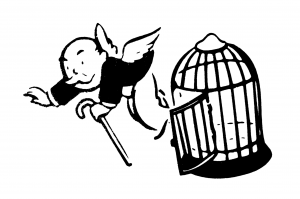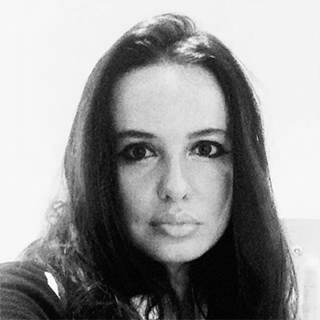Based on a Facebook status.
After this week’s attacks, it seems some people do know what to say. First there are those who say the right response to massacres in Paris, Baghdad and Beirut is to shoot Muslims in their nearest towns, who are no doubt discussing how and when to attack mosques; some declare their intent to rejoin the armed forces where they are, while politicians say the same words their predecessors did last time round, which fed paranoid, racist fears and helped give birth to the Islamic State now bombing them. How much has changed these fourteen years, and how little.
Then there are those who see Muslims threatened and step in to defend Islam’s honour, claiming its true teachings could never inspire violence. We hear a lot about the true versions of religions — true Christianity, it’s said, never breeds homophobia — though they rarely seem to have had historical traction. The argument goes that no faith causes problems, only its corruption by people, politics and power — as if religions would be harmless if only they weren’t part of human societies. There it goes again, the True Faith being corrupted by a realistic social context.
It’s got a lot of slogans, this approach. There’s the statement bombings reflect extremism, not religion, as if can’t be both; the statement fighters for ISIL aren’t ‘real’ Muslims, whatever a real Muslim is; that since most aren’t killers, religion can’t be relevant; that those claiming responsibility for Paris and Baghdad aren’t motivated by their faith despite saying so, and would only ‘find another excuse’ if they didn’t believe in God. For many progressives, the only response to attacks on Muslims is that ISIL has ‘nothing to do with’ Islam, fundamentalism nothing to do with religion. Continue reading “The Rights Of Muslims Don’t Rest On Islam Being Sacrosanct”



